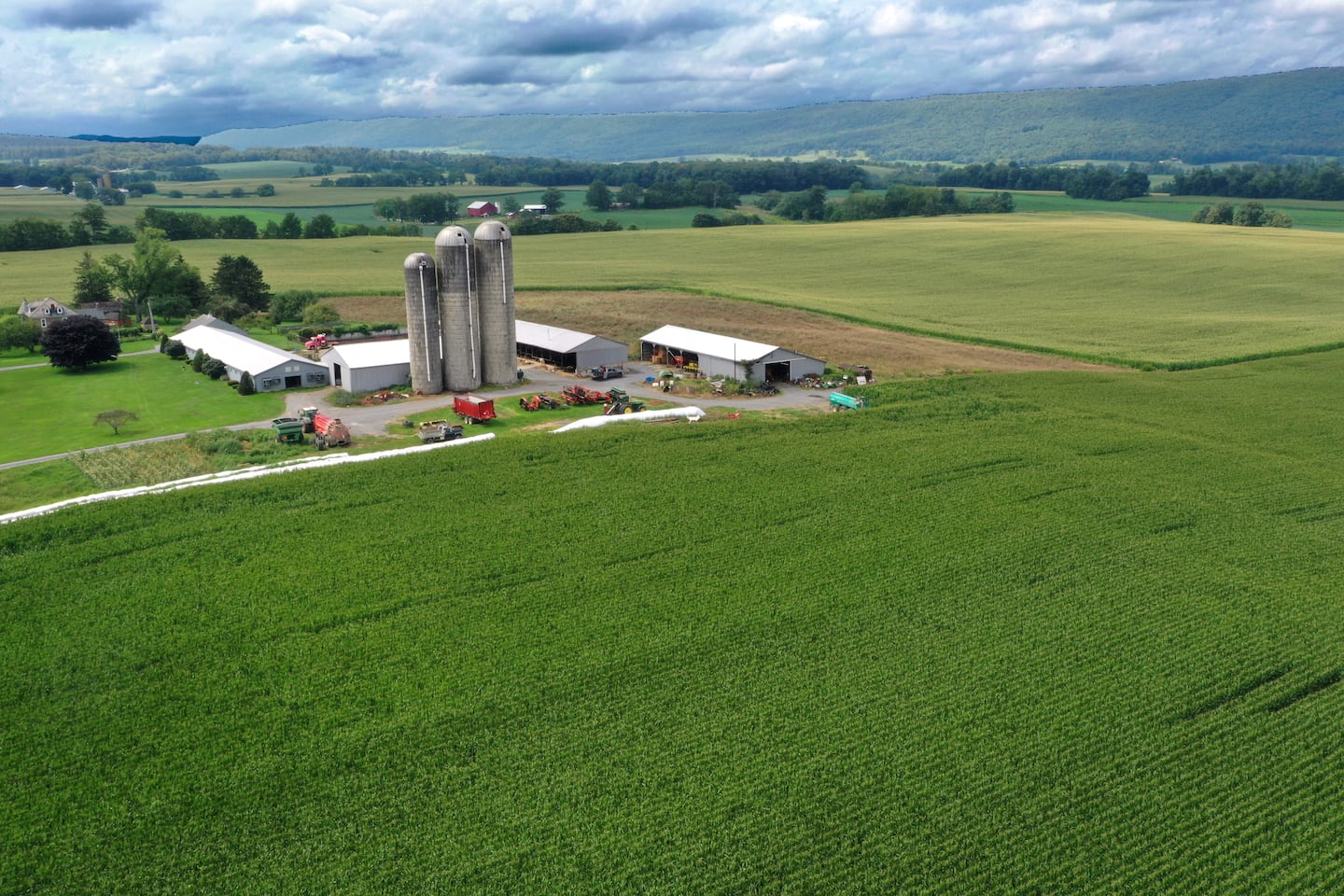Copyright NBC 5 Chicago

From ground cinnamon to grab-and-go breakfast burritos to popcorn to even pet food, it may feel like there are more food recalls than ever before. Is the food supply less safe? NBC 5 responds went straight to the experts at the Institute for Food Safety and Health at Illinois Institute of Technology (IFSH) for answers. Turns out, the number of recalls did go up in 2025, but the number of products affected within those recalls has decreased, including the risk to the consumer. "If you look at the total products that were then recalled in the last year, so October through September, it was actually reduced by 300 products compared to 2024," said Brian Schaneberg, the executive director at IFSH. "In that case, you had a reduction in the number of products recalled, but you had an increase in events found." A recall "event" is when a company recalls one or more products. Schaneberg said there are several factors leading to more recall events, including more products on the market with ingredients from around the world. There is better technology with real-time traceability, allowing companies to be more concise on the actual number of products impacted by a recall. NBC 5 Responds Also, as a result of the 2011 Food Safety Modernization Act (FSMA), a significant overhaul of U.S. food safety laws, the FDA now has the power to require a recall and focused the system on prevention rather than reaction. "This is where you're starting to get better auditing, more auditing taking place by the regulatory agencies, whether they're state or federal," said Schaneberg. "You're starting to have better prevention programs within the industry of manufactured foods to prevent and see what they're may be running into." Advances in technology have helped industry and food safety agencies get better and faster at preventative recalls and removing products from the market faster when an outbreak is confirmed. The majority of recalls today are preventative and not associated to an outbreak or illness, according to Schaneberg. Some products are higher risk, like produce and meat, because those are typically consumed before a problem is detected. That's why consumers should pay attention to the class of a recall. A class one recall is the most severe and could cause "serious adverse health consequences or death." Class two could cause "temporary or medically reversible adverse health consequences." Class three is typically mislabeling and "a situation in which use of or exposure to a violative product is not likely to cause adverse health consequences." Schaneberg said the U.S. food supply is safer since the implementation of FSMA, evident in the data, which shows the number of class one and two recalled products have significantly decreased. "The U.S. food supply is one of the safest food supplies in the world, so we should all feel good and safe about the food we are consuming on a regular basis," he said.



